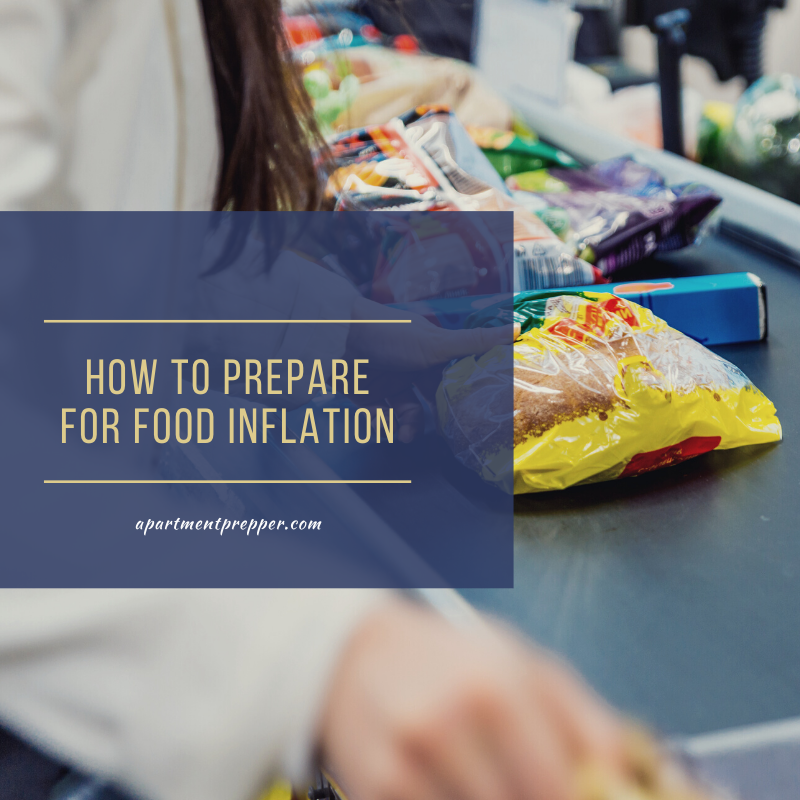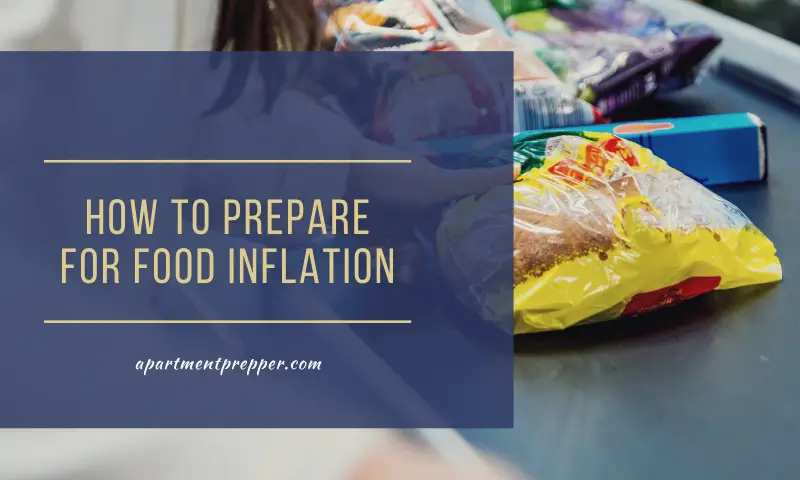Written by Bernie Carr
If you’ve been noticing an increase in food prices lately, particularly in dairy products such as milk and eggs, meats and vegetables, you’re not alone. Food prices have risen and are expected to rise even more.
What causes food inflation?
A number of factors can cause inflation. To help the economy during the pandemic, the Federal Reserve increased the money supply to help the economy. As the government increases the money supply, the dollar is worth less.
A high demand, with a low supply: During the pandemic, we saw prices rising for goods such as as toilet paper as they were flying off the shelves, meat products went up as processing plants closed. Today, food production has been severely impacted by the extreme cold caused by unprecedented winter storms across the U.S.
Texas Agriculture Commissioner Sid Miller issued a dire warning Tuesday about the statewide impact of the winter storm on agriculture and the food supply chain.
Commissioner Miller says farmers and ranchers across the state are seeing devastating effects from the cold weather on livestock, feed and agriculture products.
Source: Fox7Austin
Prices of commodities such as wheat, corn, soybeans have been rising. When commodity prices rise, prices at the grocery store follow.
Wages have also continued to rise which will increase the cost of food production.
What can you do to prepare for food inflation?
Build your food storage
Start stocking up your food storage now, before prices rise even more. Buy non-perishable items that your family eats that have a long shelf life, such as canned meats, fish, vegetables, pasta, rice, beans.
Note the expiration dates so you keep rotating your supply.
Buy in bulk
If you don’t think you have to space or the budget to buy in bulk, split it with a friend. You’ll both reap the savings. Learn how to store foods for the long term so these bulk items last for years.
Grow your own herbs
Herbs are a “gateway crop” because they are very easy to grow, even if you don’t have a lot of space. Herbs are also expensive so you will save some cash if you have fresh herbs readily available. Try mint, parsley, cilantro, basil.
You can even grow food from scraps you normally might have thrown away.
Make foods last longer
Use your freezer wisely and you’ll eliminate a lot of food waste.
Dehydrate foods you can’t consume right away.
Acquire new skills such such as canning or pickling to help you save money on your food budget now as well prepare for difficult times.
Build your savings fund
As prices increase, it doesn’t hurt to have extra money saved up. You need a cash emergency fund in case of disaster or if you lose your job. Having an emergency fund will help you avoid going into debt if you have an unexpected expense or have to cover increasing food costs as prices rise.
Have you notices food prices rising in your area? What are you doing to prepare? Please share in the comments!
About the author:
Bernie Carr is the founder of Apartment Prepper. She has written several books including the best-selling Prepper’s Pocket Guide, Jake and Miller’s Big Adventure, The Penny-Pinching Prepper and How to Prepare for Most Emergencies on a $50 a Month Budget. Her work appears in sites such as the Allstate Blog and Clark.com, as well as print magazines such as Backwoods Survival Guide and Prepper Survival Guide. She has been featured in national publications such as Fox Business and Popular Mechanics. Learn more about Bernie here.
We are an affiliate of Amazon.com, which means we received a small commission if you click through one of our Amazon links when you shop, at totally no cost to you. This helps keep the lights on at the blog. Thanks!



Great advice! While we should have food storage — we should also brace for inflation. Who knows what tomorrow will bring?